Auto Repair Shop In Plainfield, IL
Understanding the Essentials of Transmission Rebuilders: Key Insights from Industry Statistics
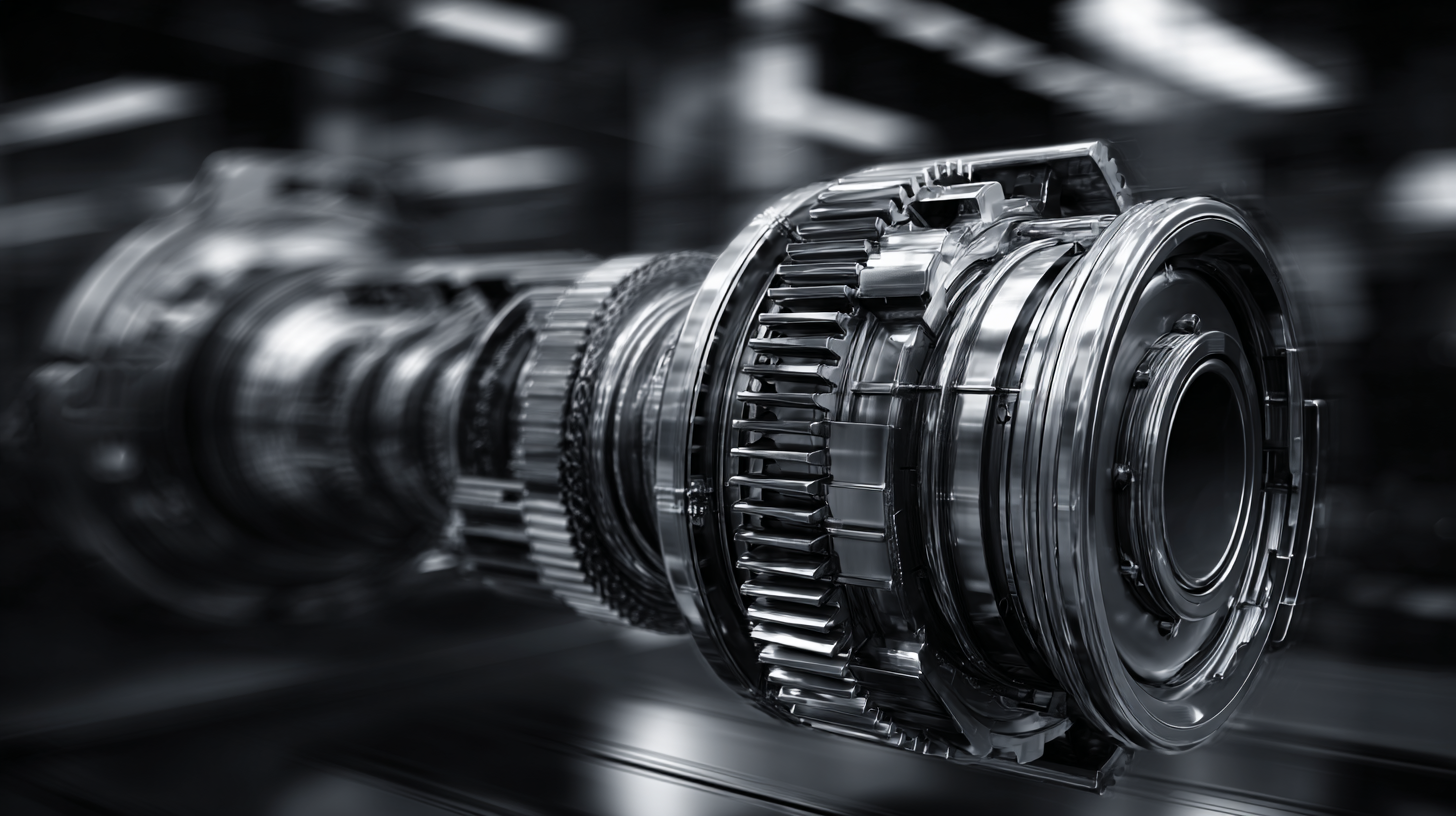 The field of transmission rebuilders plays a critical role in the automotive industry, serving a vital demand for vehicle longevity and performance. According to recent industry statistics, the market for transmission rebuilding is projected to grow at a compound annual growth rate (CAGR) of 3.2% from 2021 to 2026, underscoring the necessity for skilled transmission rebuilders who can deliver quality service. Furthermore, a report by the Automotive Aftermarket Industry Association (AAIA) reveals that nearly 60% of automatic transmission failures are attributed to fluid-related issues, emphasizing the importance of expertise in this specialized area. As vehicles become increasingly complex, the need for certified and knowledgeable transmission rebuilders has never been more crucial, as they are integral in prolonging the lifespan of transmissions and enhancing customer satisfaction within the automotive repair sector.
The field of transmission rebuilders plays a critical role in the automotive industry, serving a vital demand for vehicle longevity and performance. According to recent industry statistics, the market for transmission rebuilding is projected to grow at a compound annual growth rate (CAGR) of 3.2% from 2021 to 2026, underscoring the necessity for skilled transmission rebuilders who can deliver quality service. Furthermore, a report by the Automotive Aftermarket Industry Association (AAIA) reveals that nearly 60% of automatic transmission failures are attributed to fluid-related issues, emphasizing the importance of expertise in this specialized area. As vehicles become increasingly complex, the need for certified and knowledgeable transmission rebuilders has never been more crucial, as they are integral in prolonging the lifespan of transmissions and enhancing customer satisfaction within the automotive repair sector.
The Role of Transmission Rebuilders in the Automotive Industry
In the automotive industry, transmission rebuilders play a crucial role in enhancing vehicle performance and sustainability. By refurbishing existing transmission parts, these specialists not only extend the lifespan of vehicles but also contribute significantly to reducing waste and promoting eco-friendly practices. The demand for remanufactured transmission components reflects a broader trend in automotive remanufacturing, which is increasingly recognized for its economic and environmental benefits.
As the automotive parts remanufacturing market continues to expand, particularly in major markets like the U.S. and China, transmission rebuilders are positioned to capture a significant share of this growth. With the U.S. market reaching a valuation of $22.4 billion in 2024 and China expected to experience a 7% CAGR, the role of transmission rebuilders is becoming more vital than ever. These professionals help reclaim value by reviving worn-out parts, which not only aids vehicle owners in maintaining affordability but also strengthens supply chain resilience within the industry. The increasing emphasis on sustainability within automotive manufacturing underscores the essential contribution of transmission rebuilders to the sector's evolution.
Key Statistics Highlighting Transmission Rebuilding Trends
The transmission rebuilding industry has been experiencing notable trends that are reflected in various industry statistics. According to a report by the Automotive Aftermarket Industry Association (AAIA), the market for transmission rebuilders is expected to grow at a compound annual growth rate (CAGR) of 4.5% from 2022 to 2027. This growth is primarily driven by increasing vehicle ownership and aging fleets, as consumers look to rebuild rather than replace transmissions, thus saving money while prolonging the life of their vehicles.
In terms of consumer behavior, a survey conducted by J.D. Power revealed that approximately 60% of car owners consider rebuilding their transmissions as a viable option due to the rising costs associated with new vehicle purchases. Additionally, the same survey highlighted that nearly 75% of respondents were pleased with the outcomes of rebuilt transmissions, underscoring a growing confidence in the rebuilding process. Such data reflects a positive shift in consumer perception, making it clear that transmission rebuilders are becoming an essential aspect of the automotive repair landscape.
Understanding the Essentials of Transmission Rebuilders: Key Insights from Industry Statistics
This bar chart illustrates the trend in transmission rebuilds from 2019 to 2023, highlighting a steady increase in the number of transmissions being rebuilt each year. The growth reflects the rising demand for reliable vehicle repair options in the industry.
Factors Driving the Demand for Transmission Rebuilders
The demand for transmission rebuilders is influenced by several key factors, reflecting trends within the broader automotive repair market. As the transmission repair market is projected to grow at a compound annual growth rate of 3.25%, it is essential to consider the underlying reasons for this growth. One significant driver is the increasing average age of vehicles on the road, which results in a greater need for repairs, including transmission work. As cars age, the likelihood of transmission issues rises, prompting owners to seek specialized services to prolong the life of their vehicles rather than investing in new ones.
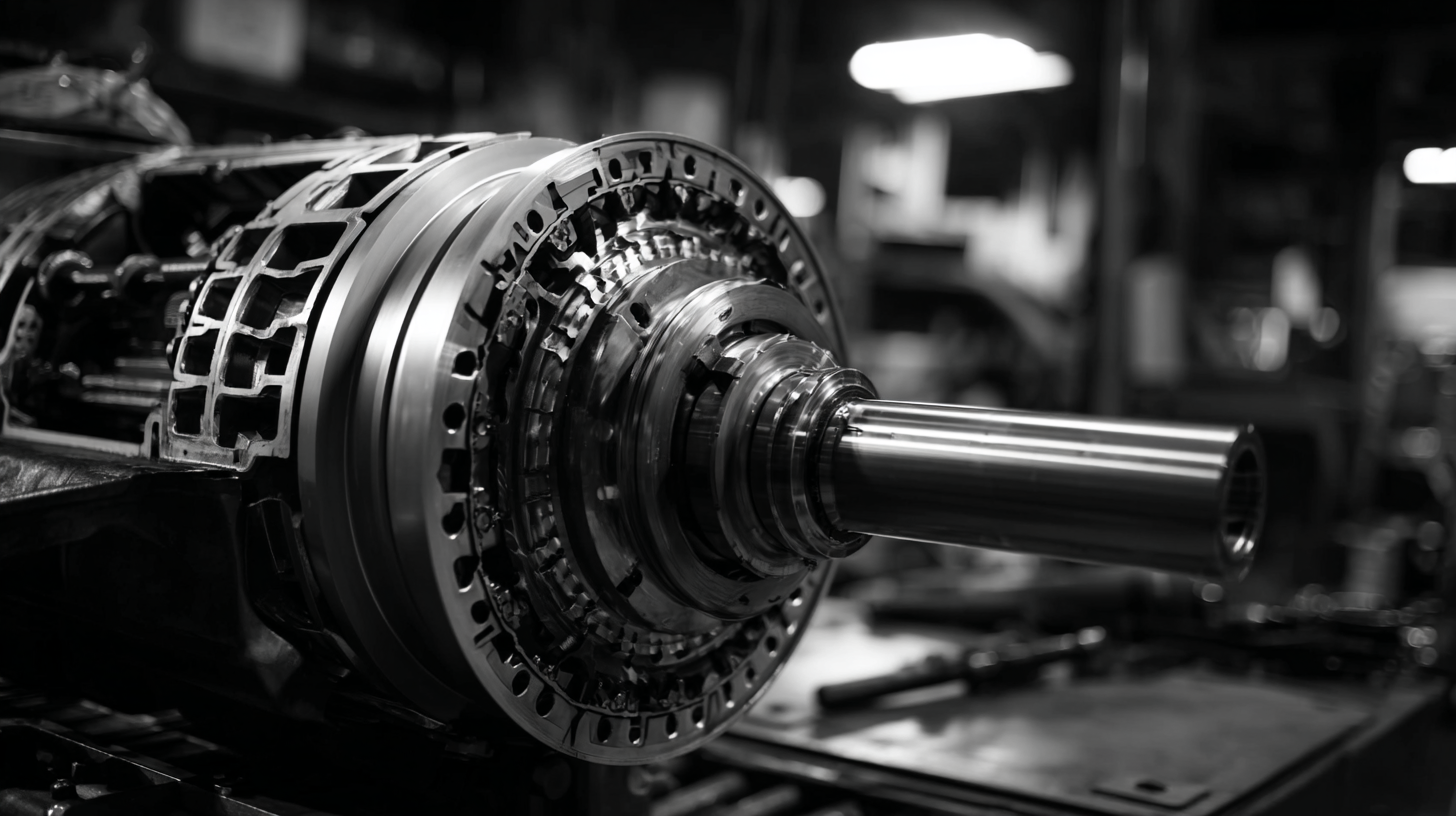
Another factor contributing to the growing demand for transmission rebuilders is the rise in vehicle complexity and technology. Modern transmissions are equipped with advanced electronics and components, requiring skilled technicians who understand the intricacies of these systems. As more drivers opt for repairs over replacements, the need for experienced rebuilders who can deliver quality work increases. Furthermore, economic considerations play a crucial role, as consumers may prefer rebuilding transmissions to avoid the high costs associated with purchasing new vehicles, thus propelling the growth of this niche in the automotive repair industry.
Common Challenges Faced by Transmission Rebuilders Today
The transmission rebuilding industry faces several common challenges that can impact both efficiency and profitability. According to the Automotive Transmission Rebuilder Association (ATRA), over 50% of transmission rebuilders report difficulties in sourcing quality parts, as fluctuating demand for specific components often leaves shops with limited options. This shortage can lead to delays in service and increased operational costs, pushing businesses to either maintain higher inventories or settle for inferior parts that may not meet strict quality standards.

Moreover, advancements in technology require ongoing training and adaptation. Data from the National Institute for Automotive Service Excellence reveals that nearly 70% of rebuilders believe that staying updated with new technologies is critical for maintaining competitiveness. However, the cost of continuous education and training is often viewed as an additional burden, further complicating the operational landscape for transmission rebuilders striving to keep pace with industry changes.
Future Innovations in Transmission Rebuilding Techniques
The automotive transmission rebuilding industry is on the cusp of significant innovations that could reshape its future. According to a recent report from the Automotive Transmission Rebuilders Association (ATRA), advancements in technology are expected to boost efficiency and precision in rebuilding techniques by over 30% in the next five years. This shift is largely driven by the integration of automated diagnostics and real-time data analysis, allowing rebuilders to identify issues more quickly and effectively.
Tips for Successful Transmission Rebuilding: Understanding the latest technological advancements is essential for professionals in the industry. Utilizing software that tracks performance metrics can enhance decision-making and reduce errors during the rebuilding process. Additionally, investing in high-quality tools and machinery, such as CNC machining systems, can improve the precision of rebuilds, ensuring longer-lasting results for customers.
The focus on sustainability is also leading to innovative practices within the transmission rebuilding sector. Reports indicate that adopting eco-friendly materials and processes could cut down waste by nearly 40%, aligning the industry with global sustainability goals. As rebuilders embrace these changes, they will not only improve their operational efficiency but also appeal to a growing consumer base that prioritizes environmentally responsible practices.
Related Posts
-
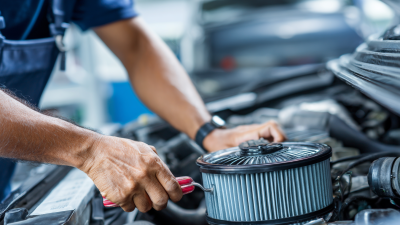
Understanding the Essential Steps for Effective Cooling System Repair
-
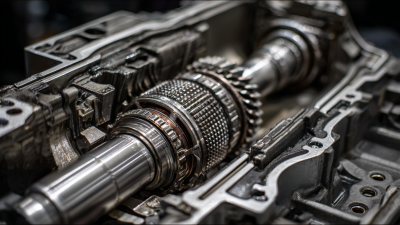
Top 5 Essential Locations for Expert Transmission Rebuild Services Near You
-
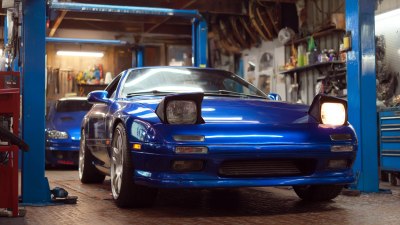
Essential Guide to Auto Repair Help for DIY Enthusiasts and Beginners
-
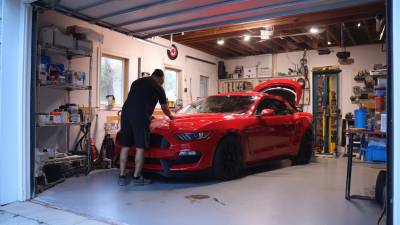
Unlocking the Secrets: 85% of Car Owners Overlook Essential Garage Repair Tips
-

Essential Guide to Mobile Transmission Repair Services and Tips for Vehicle Longevity
-

Revolutionizing Your Skills: The Ultimate Guide to Auto Repair Programs for Beginners
Contact Us
Service Area
Plainfield, 60585, 60544, 60586, Naperville, 60564, Bolingbrook, 60490, 60440, Romeoville, 60446, Will, Kendall, DuPage, Counties. Our auto repair shop in Plainfield, IL, has been serving the local area plus all surrounding Chicagoland since 1978.
Specialties
• Computer Diagnostic • Brake Shop • Engine Replacement • Transmission Rebuild • Clutch Replacement • Differential Rebuild • Suspension Shop • Steering • Shocks & Struts • Heating & Cooling • Electrical • Exhaust Shop • Catalytic Converter Replacement • Alignment • Domestic & Foreign Vehicle Service • Auto Repair In Plainfield, IL • Auto Repair Shops Near Me • Towing Service Near Me

